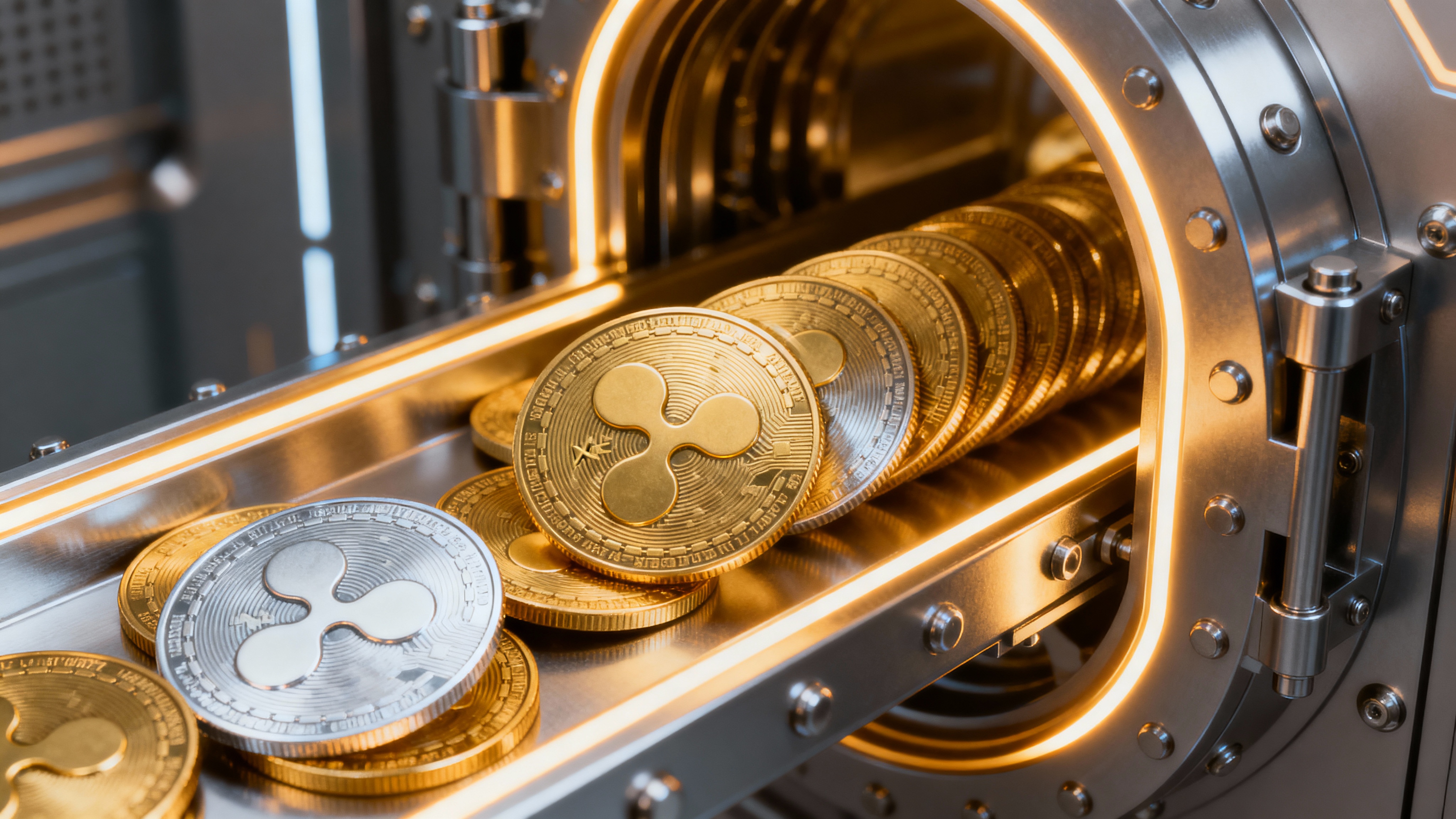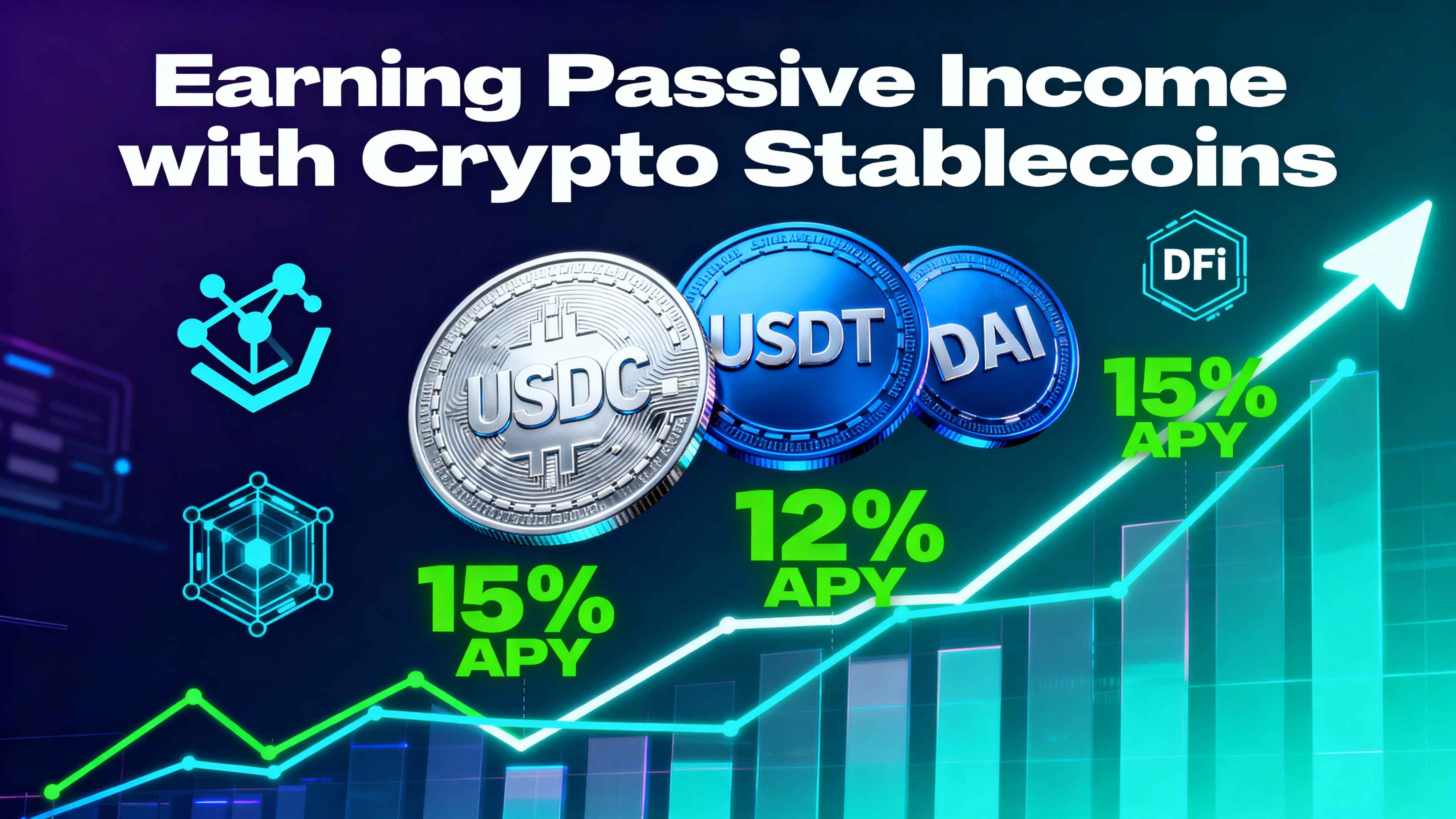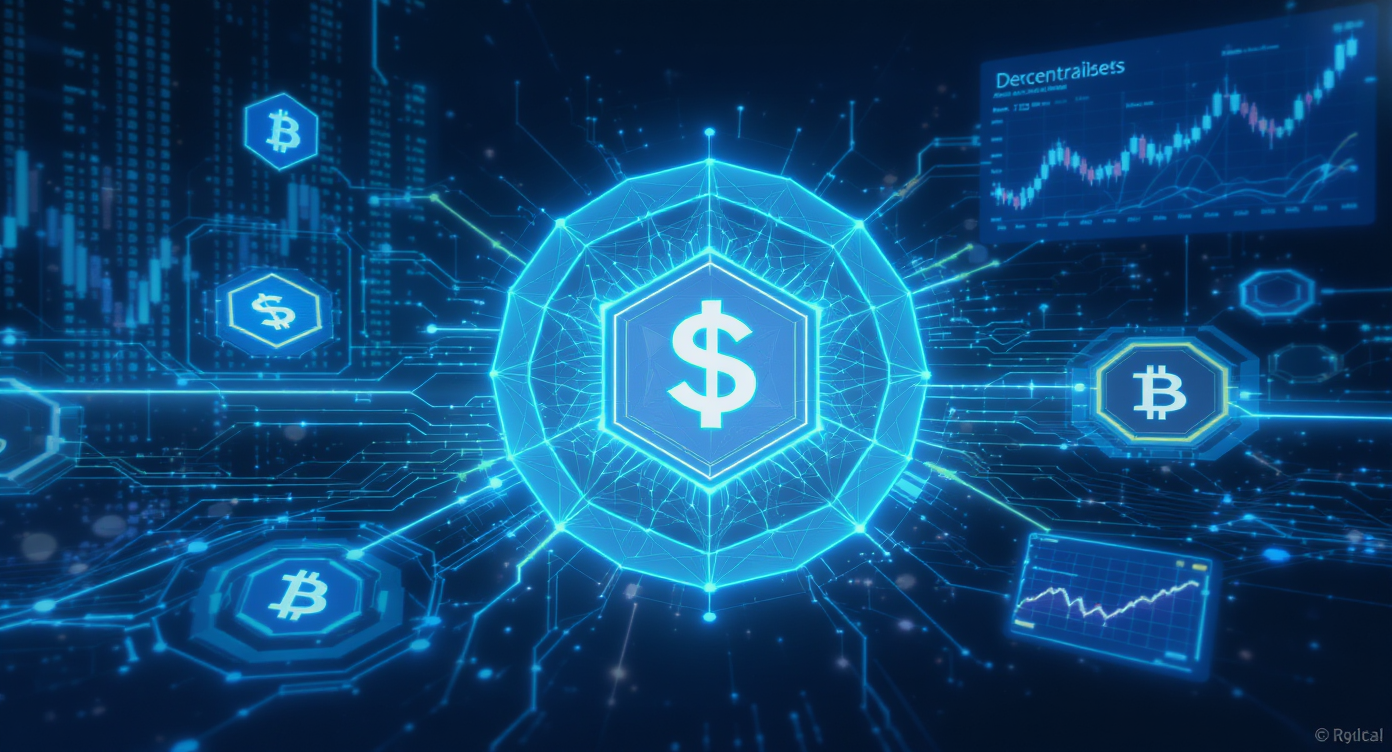
Fintech and DeFi
Crypto BasicsFinTech (Financial Technology) leverages technology to deliver financial services digitally, encompassing areas like payments, lending, investment, insurance, and cryptocurrencies. Cryptocurrencies, built on blockchain technology, play a pivotal role in FinTech, enabling fast cross-border payments, digital asset trading, decentralized financial services (DeFi), and innovative financial products.
What is FinTech?
FinTech (Financial Technology) refers to the use of technology in the delivery and use of financial services. Unlike traditional financial services offered through institutions such as banks, insurance companies, and investment firms, FinTech is typically delivered through digital platforms. This encompasses payment processing, borrowing, and lending, investment management, insurance, cryptocurrencies, and many other financial services.
Cryptocurrencies play a significant role in the FinTech space as they are digital currencies that have emerged as alternatives to traditional financial systems. Cryptocurrencies are digital assets built on blockchain technology and operate without reliance on a central authority, such as a central bank. FinTech companies can utilize cryptocurrencies to offer payment processing, digital asset trading, smart contracts, and other financial services.
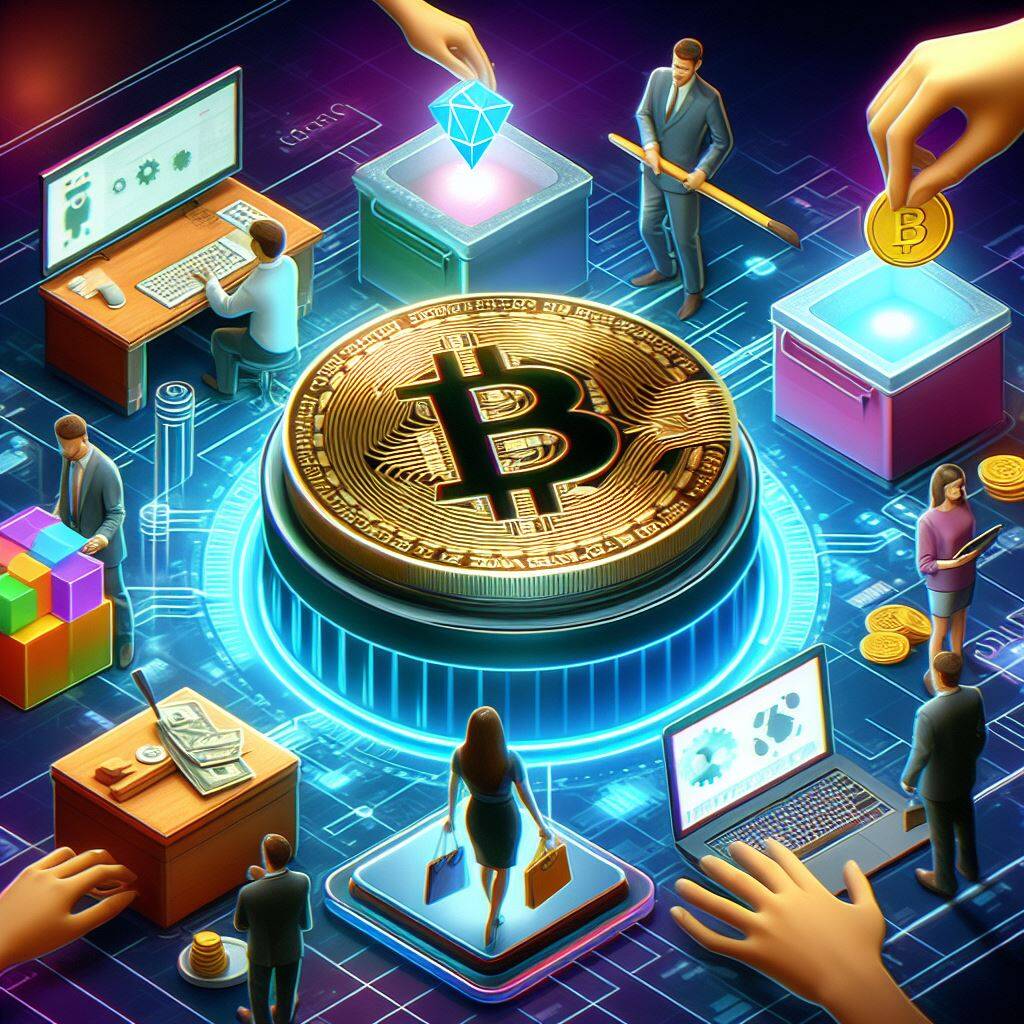 The relationship between cryptocurrencies and FinTech spans a wide range of areas, from payment services to investment and trading, from the provision of blockchain-based financial products to decentralized financial services. FinTech digitizes traditional financial services by offering cryptocurrencies for fast cross-border payments and investment opportunities, while cryptocurrencies and blockchain technology enable FinTech companies to provide innovative products and decentralized financial services, supporting this transformation. This relationship fosters digitalization and innovation in financial services, leading to revolutionary changes in the sector.
The relationship between cryptocurrencies and FinTech spans a wide range of areas, from payment services to investment and trading, from the provision of blockchain-based financial products to decentralized financial services. FinTech digitizes traditional financial services by offering cryptocurrencies for fast cross-border payments and investment opportunities, while cryptocurrencies and blockchain technology enable FinTech companies to provide innovative products and decentralized financial services, supporting this transformation. This relationship fosters digitalization and innovation in financial services, leading to revolutionary changes in the sector.
Decentralized financial service (DeFi) ecosystems are also related to Bitcoin's primary use as a store of value. Here are some examples of how Bitcoin's role as a primary store of value contributes to the DeFi ecosystem:
- High-Value Storage: Bitcoin, being the world's largest cryptocurrency, is often used as a store of value. Therefore, many DeFi protocols allow users to use Bitcoin as collateral. For example, lending platforms allow users to borrow against their Bitcoin assets.
- Liquidity Pooling: DeFi platforms pool assets from liquidity providers (LPs) to provide liquidity. By adding Bitcoin to these liquidity pools, it increases interoperability with other assets and provides more liquidity.
- Derivative Products: Bitcoin can be used as collateral for derivative products within DeFi ecosystems. For instance, Bitcoin futures or options trading can be facilitated. This allows investors to hedge their risks or capitalize on price fluctuations using their Bitcoin assets.
- Decentralized Lending Protocols: Bitcoin can be accepted as collateral by decentralized lending protocols in the DeFi ecosystem, allowing users to lock their crypto assets and borrow against them. These protocols enable users to borrow against their Bitcoin holdings and earn interest.
- Yield Farming: Yield farming incentivizes liquidity providers in DeFi ecosystems. Adding Bitcoin can make liquidity pools more attractive and incentivize users.
These examples demonstrate how Bitcoin's primary role as a store of value contributes to the DeFi ecosystem.
What Value in Monetary Terms Lies in Total in DeFi?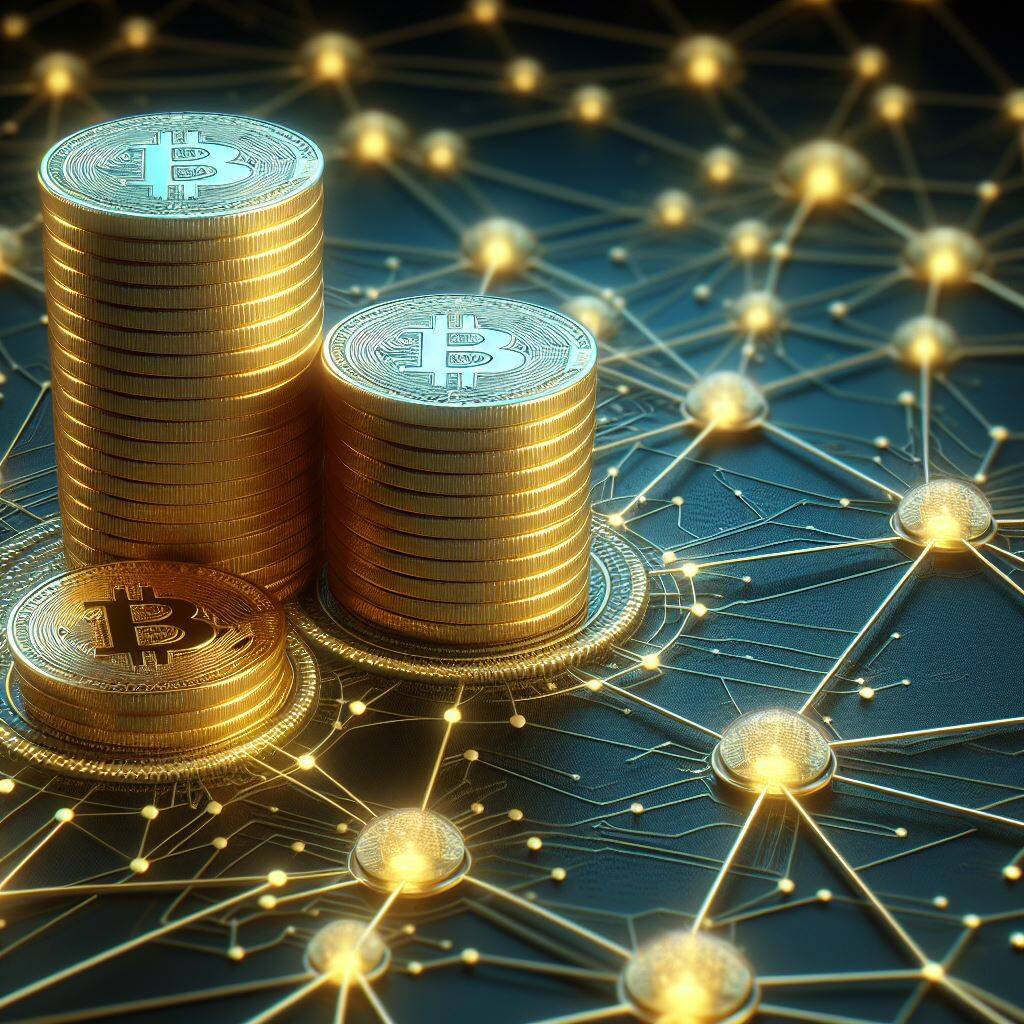
Especially in the past few years, it's been observed that DeFi has rapidly grown. In 2021, Total Value Locked (TVL) surpassed billions of dollars, reaching record levels. However, these figures are constantly changing and continue to increase over time.
DeFi has the potential to transform the banking sector and payment systems. Unlike traditional banking systems, DeFi protocols offer financial services without a central intermediary. This translates to lower transaction costs, faster transactions, and higher accessibility. Particularly considering the difficulties in accessing bank accounts in developing countries, it's believed that DeFi could expand access to financial services and increase financial inclusion for millions of people.
DeFi can also change people's spending and saving habits. Traditional banking systems and payment systems generally offer limited options and sometimes encounter high transaction fees or delays. DeFi enables users to diversify their savings and investment strategies by offering a wider range of financial instruments. Additionally, innovative products on DeFi platforms allow users to participate in different income-generating activities, offering opportunities for passive income.
